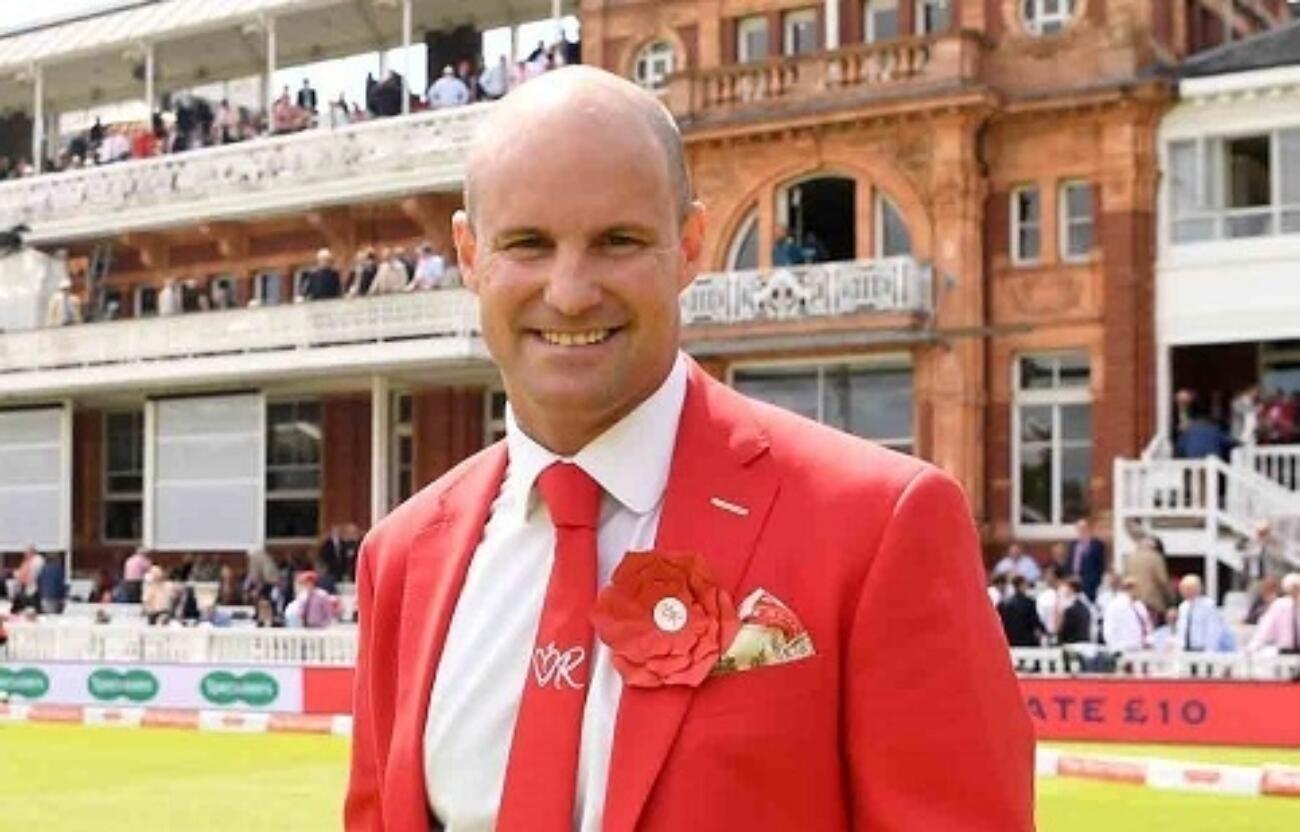Insights

Great leaders don’t have to ‘blaze a trail’ – Sir Andrew Strauss OBE
Underpin your goals with a clear purpose and the rest will follow
Ex-professional cricketer, broadcaster and business man Sir Andrew Strauss OBE joined Stonehage Fleming for our first virtual Next Generation course in June, sharing his insights on the role of leadership.
Growing up, my family was very goal-oriented. My parents focused on academic achievement and I was surrounded by a culture of hard work. There was also an expectation for me to get a ‘good steady job in the City’, but I wanted to try my hand at cricket.
It took my parents a while to get their heads around that. It wasn’t their ambition for me – in fact they saw it as ‘opting out’. Ultimately, I had to choose what would fulfil me and cricket was my dream. In the end, they were prepared to support that.
Being appointed England Captain was a step into the unknown. Up to that point, my job had been to be a good follower and learn from those around me. When it came to captaincy, I felt very under-prepared; the responsibility sometimes felt like millstone round my neck.
Taking over during a time of flux was a good thing. English cricket was in flux: there was significant division in the team, we were playing poorly and there was a lot of healing to be done. On the plus side, we had no legacy to worry about. It gave us the opportunity to start afresh and look towards a better future.
We set ourselves an ambitious goal - to be the best England cricket team ever and win the World Cup. We developed a team charter and articulated this objective right at the start. The players bought into that shared vision. If, as a team, we displayed certain behaviours and attitudes, we knew we were being true to our values.
Great leaders don’t have to ‘blaze a trail’. I prefer the concept of shepherding people, leading from behind and keeping the flock going in the same direction. Leadership styles vary - some grab the reigns with both hands and charge forwards, others lead by example. Crucially, you should be yourself. If you genuinely care about your team and are serving their best interests they will follow.
Goals should be underpinned by an overriding purpose. It acts as your guiderail. For a cricketer, winning trophies is only part of the story. Professional athletes have limited time to play so it is the legacy you leave behind as custodians of the team that’s most important. Ultimately, you will be judged on how you play, how you lead and how you act - not on how many matches you win.